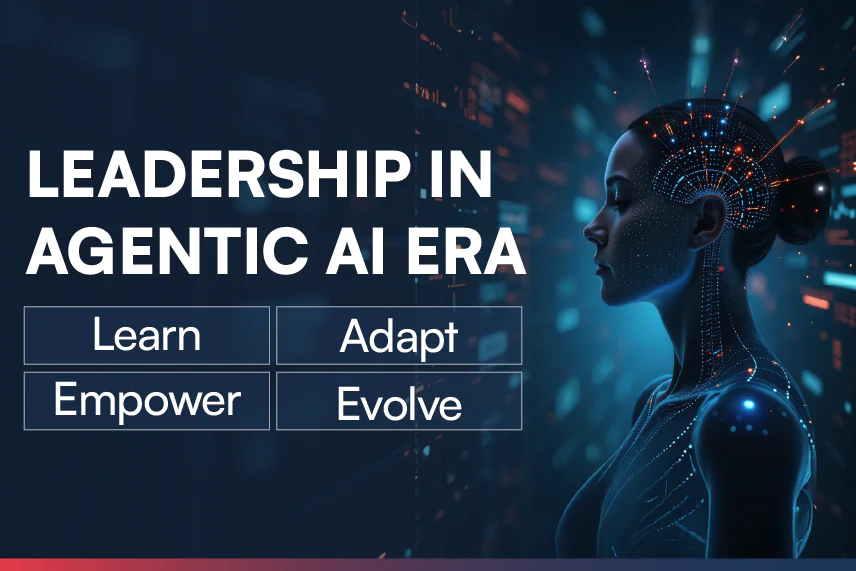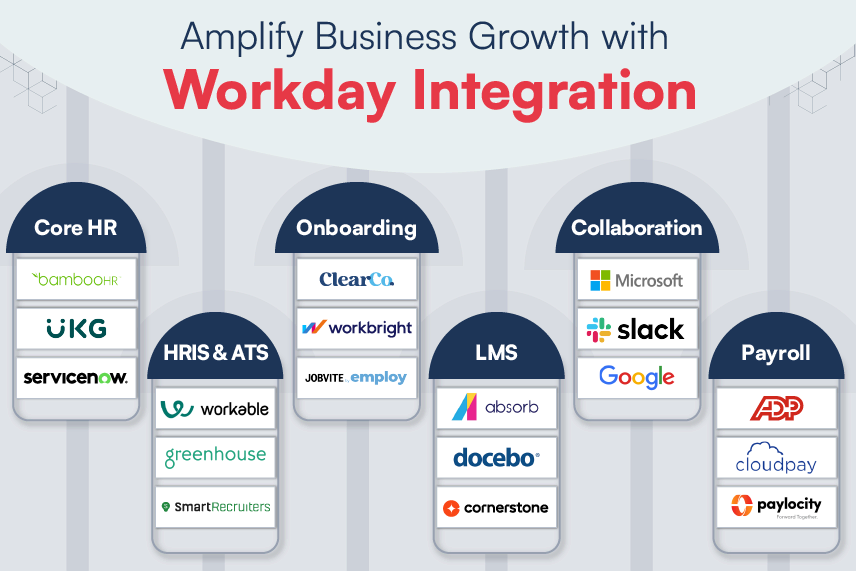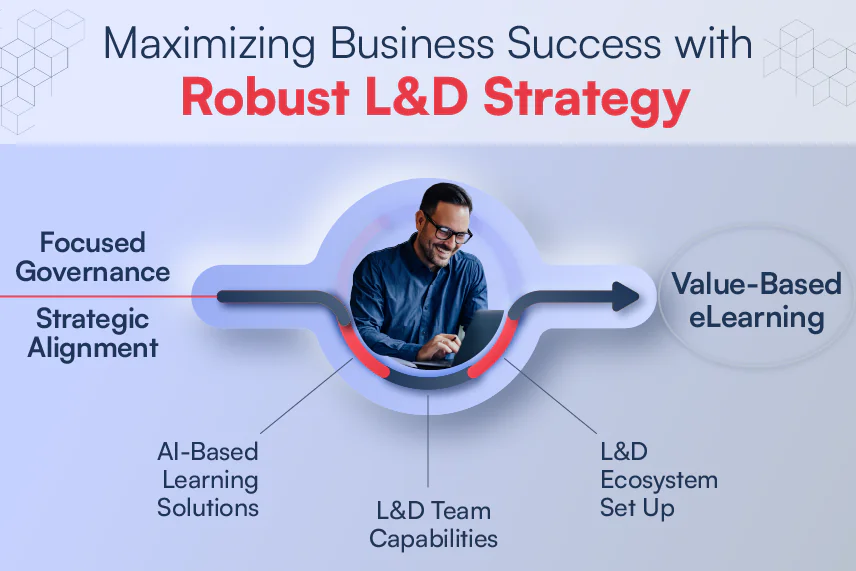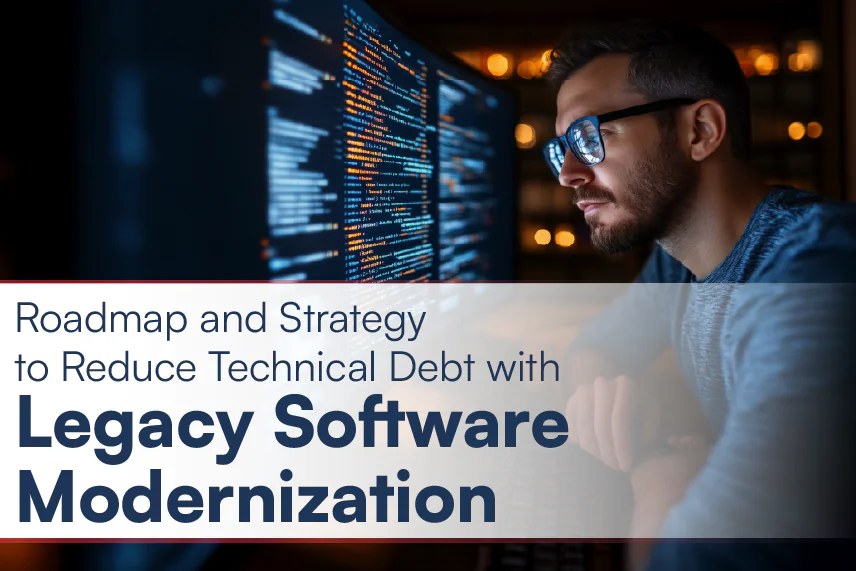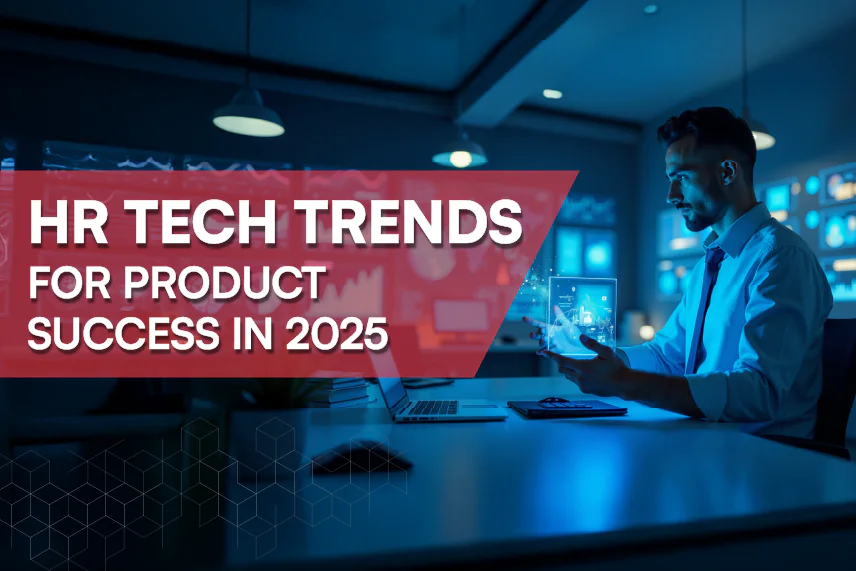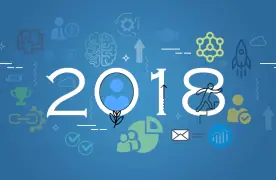
Over the years, due to changing workforce and workplace dynamics HR functions have evolved like never before. ‘Technology’ has been playing a significant transformative role in supporting this dynamic nature of HR. The past decade has been the most innovative and groundbreaking period for HR Tech, the coming year, 2018, has been predicted to be the most disruptive one. VCs and various investors have endowed US $2 billion to the HR Tech vendors for building new tools.
- Continuous Performance Management and Open Feedback Tools are a Pressing Requirement – The revolution in performance management foresees companies looking for more agile and data driven systems to build a rich ‘team oriented’ culture in the organization. They are demanding for building an ongoing process for regular assessments, continuous feedbacks and goal settings. Having embedded these modernized performance management tools in the company’s HR platforms and real-time analytics systems, is going to spot and help bridge the gaps in performance management and succession planning which in turn would help to address the attrition issue.
- Intelligence is Reshaping Talent Sourcing – As job applicants outnumber the number of open positions, HR struggles to find the right talent among these vast numbers. Also, the candidate data is available online on various social networks and job portals, sourcing the right candidate data from these multiple sources is another challenge for recruiters. The struggle seems to be increasing further, as in a recent survey of talent acquisition leaders, recruitment teams say that their hiring volume will increase this year, but their team will remain the same or even contract. Automating the resume screening with intelligent screening softwares and automation of pre-qualification through chatbots will help improve candidate experience and accelerate sourcing. Moreover, digitization and automation of the interviews removes time and space constraints. Video interviews will help to record and analyze candidate’s facial expressions, speech patterns etc. This promises to increase the quality of hire.
- Predictive Analytics will Continue to Rise – People analytics market has been booming for last couple of years and will continue to rise. In the recent survey conducted by the DATIS 2017 State of Workforce Management, 84% of survey respondents reported that they were ‘likely’ to invest in workforce analytics tools in 2018. In his recent article, Josh Bersin, Principal and Founder of Bersin by Delloitte, says that ‘Data Analytics’ tools are a “must-have” for organizations. Analytics is now more predictive and can help improve the hiring process, address attrition issues etc. With this broadened scope, adoption of analytics will surely see a spike in 2018.
- Blockchain is Emerging as the New HR Tech Landscape Disrupter –Blockchainis the backbone of the bitcoin technology. Blockchain’s ability to make the processes more transparent and secure gives it the potential to disrupt the HR Tech space. Organizations can use Blockchain to secure HR data and smoothen the digital assets exchange. There are various possible applications of Blockchain in HR. All the employment information, work performance, training and skills data can be made available to employees as a Blockchain-based record. This information can also be used by other employers for employee verification purpose. Management of cross-border payments which also includes the international expenses and tax liabilities is another major Blockchain application. Replacing the traditional payment models with Blockchain makes the international payments less complex, less costly and highly secure. As Blockchain is immutable and impossible to be tampered virtually, it is majorly on the radar to prevent fraud and ensure security in HR.
- HR Leaders will Start Accepting Artificial Intelligence (AI) and Machine Learning (ML) to Deliver Value to their Employees – The intelligent assistants powered by machine learning techniques are transforming HR operations and end-to-end talent management process. Organizations are showing positive approach towards leveraging the cognitive computing for simulating HR conversations, personalizing the employee learning experience and smartening the overall talent acquisition process. The major HR functions which AI will revolutionize are Time-Off, Recruitment, Benefits Administration, Case Management, and Training & Development. Companies will use AI to simplify and automate HR workflows to improve the employee experience. Recent survey report of HR.com which was sponsored by Harbinger Systems, explores some interesting stats about the state of AI in HR:
- 54% survey attendants agreed to a high or very high extent that using AI to automate various tasks will become prevalent in their organizations over the next five years.
- According to 53% of respondents, there next boss could be an AI.
- More Interactive and Intelligent Tools are Blowing the Corporate Learning Ecosystem Wide Open – Being worth $ 130 billion market, L&D has become a strategic asset for any business. The market is seeing substantial growth and is flooded with smarter technologies and tools. These include tools for content curation, building MOOCs and micro-learning. Augmented Reality (AR) and Virtual Reality (VR) are emerging. Although not a part of mainstream business applications yet, companies have started considering AR & VR to bring real-world learning experiences for employees. With the changing workforce, learning is becoming complex and a one-size-fits-all approach will not be able to satisfy the employees. Artificial Intelligence comes to the rescue here. AI-based recommended learning will be in demand to provide employees with the knowledge best suited for them. Investments and innovations will be the key drivers for the continued revolution of the HR Tech space. For the last two years, everyone was talking about HR analytics, 2018 will be the year of AI and ML. In short, employee-focused and ‘team-centric’ tools for building highly productive teams would be in demand to stay ahead of the competition. The HR technology landscape is moving faster than ever and organizations who want to stay ahead in the race will need to embrace the rapidly evolving technologies.


